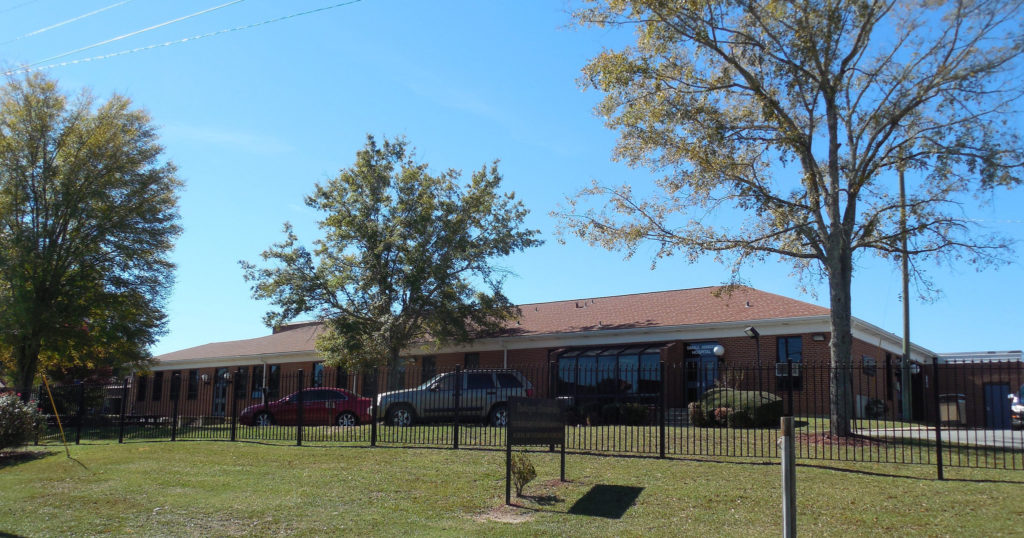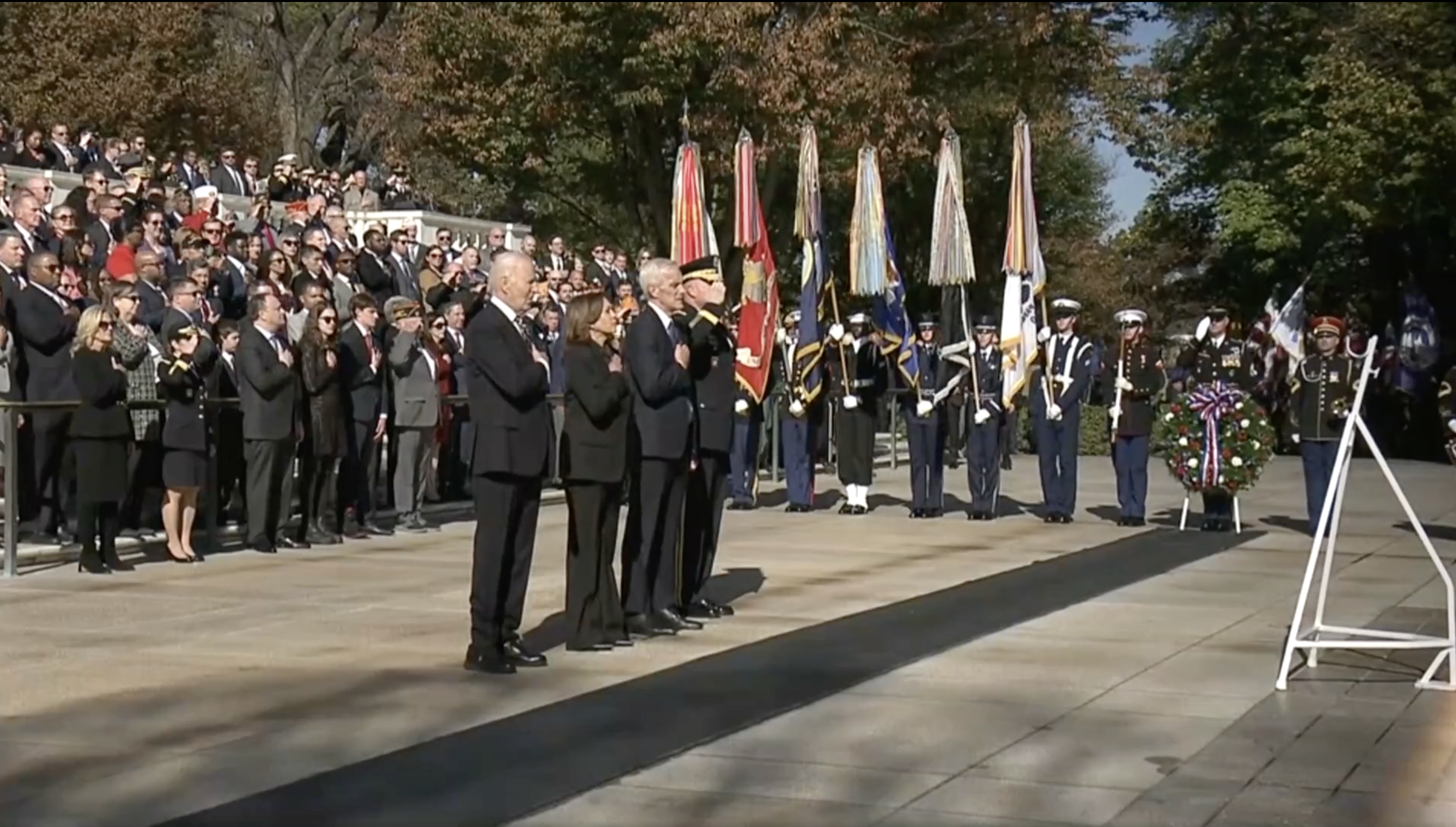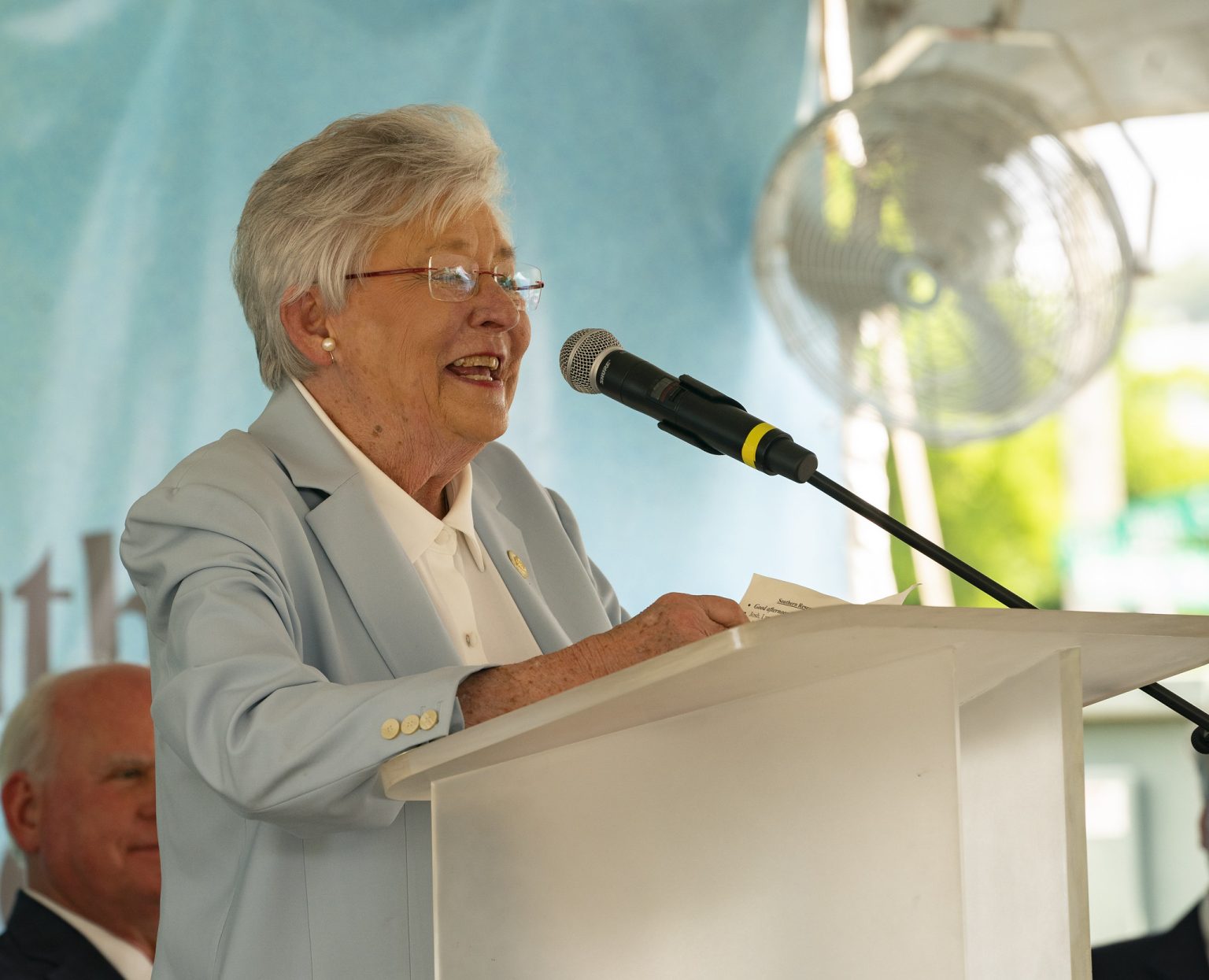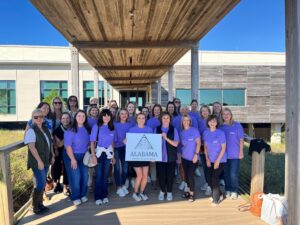In a story published earlier this month, Alabama Today covered the concerns of Stop Pound Seizure In Alabama, a Facebook group dedicated to change pound seizure laws. The article was in response to a recent effort by the group to bring attention to and stop pound seizures from the Russell County-Phenix City Animal Shelter to Tuskegee University. The University is now pushing back to get their side of the story out to the public.
This is not the first time the University has responded to the accusations surrounding their practices. In March of this year they released a detailed statement addressing the public’s concerns.
Among the claims animal activists have made is that Tuskegee University Vet School says is false is that it receives “hundreds” of live animals from the Russell County-Phenix City Animal Shelter each year, so that students can practice various surgeries on them and then kill them.
The membership of the Tuskegee University Institutional Animal Care and Use Committee told Alabama Today via an email statement, they do in fact receive animals from the shelter, “the relationship is not a secret.”
“The animals obtained are abandoned according to Alabama Law 3-1-13. The Russell County/Phenix City shelter provides public notice of strays, abandoned animals and surrenders on its website. Pictures as well as intake information are provided for each animal, with the shelter’s hopes of reuniting owners with their pets,” the Committee explained. “Contrary to the information provided in the article, Tuskegee University receives far less than hundreds of these animals per year to which the article alluded.”
No number has been confirmed by the shelter or the university.
The Alabama statute referenced by the university specifically states:
Section 3-1-13
Right of officers, etc., of humane societies to take charge of and care for neglected or abused animals; written notice to owner from whom animal taken; lien for expenses for care and keeping of animal.
Any duly authorized officer or employee of a recognized humane society shall have the right to take charge of any animal which is sick or disabled due to neglect or is being cruelly treated or abused and to provide care for such animal until it is deemed to be in suitable condition to be returned to its owner or to the person from whose custody such animal was taken.
The officer so taking such animal shall at the time of taking the animal give written notice to the owner or person from whose custody it was taken.
The necessary expenses incurred for the care and keeping of the animal after such notice by the humane society shall be a lien thereon and, if the animal is not reclaimed within 10 days from the giving of such notice, the humane society may sell the animal to satisfy such lien. If the humane society determines that the animal cannot be sold, it may cause the animal to be otherwise disposed of.
(Acts 1961, Ex. Sess., No. 84, p. 2001.)
The Committee called the claims of “inside information” regarding the treatment of the animals by the activist group “false.” In their statement they say, “The ‘inside information’ stated in the article is false. For those animals the university does receive, university clinicians and students strictly follow the guidelines of the Animal Welfare Act, actively considering the alternatives, reduction, replacement and refinement during review of Animal Use protocols.”
The claims against the university were that:
Inside information from concerned individuals say the dogs are kept in poor conditions, no socialization or enrichment, fed only 1 cup of food per day, regardless of size (because they don’t live long enough to starve to death), and given no medical care for any injuries they may arrive with or develop while being held. These helpless dogs, family pets, are already terror-stricken from their time at the pound, then hauled to Tuskegee in their dog trailer and stuffed into cages where the smells and sounds of death surround them. Then they are cut on and killed.
According to the Committee, all animals are kept according to U.S. Dept. of Agriculture’s Animal Plant Health Inspection Service/Office of Laboratory Animal Welfare (USDA/APHIS/OLAW) regulations, which cover transportation, handling, and socialization, feeding, health care and housing.
The Committee further explained how the Tuskegee University Institutional Animal Care and Use Committee (IACUC), which is under strict supervision from USDA, reviews animal use protocols and stringently enforces those protocols that are in use.
And when it comes to the accusations that their students are “killing the animals”, the Committee explained, “animals are not killed they are humanely euthanized while under general anesthesia.”
The university’s March statement covered this more in depth saying:
On occasion, the college partners with area impound facilities to euthanize stray, abandoned and runaway animals that have exceeded the holding periods these facilities provide for owners to claim these animals. Alabama Code 3-7A-8 authorizes these facilities to destroy or dispose of these impounded animals when not claimed by their owners within seven days. When these animal-holding facilities find it necessary to euthanize its unclaimed, impounded animals, they contact the college, which in turn carries out the scheduled euthanasia at no charge to the facility or compensation to the university. These facilities attest to making every effort to connect these animals with their owners, which includes scanning for microchips (if present) or any identifying tattoos or marks.
The unfortunate fact is that every year in the U.S., there are over 6.5 million dogs and cats in animal shelters. Of this number, over 65 percent are euthanized after being held for seven to 10 days without being adopted or finding a new owner.
As part of the college’s agreements with animal-holding facilities, veterinary medicine students and faculty socialize, feed and care for these animals prior to their scheduled euthanasia. Animals are fully anesthetized for any teaching procedure that is part of the students’ clinical experience — all the while under the direct supervision of the college’s surgical faculty.
Accusation against vet student for animal-related crime
The veterinary school has found itself further under fire for alleged animal related crimes perpetrated by one its students while attending the school.
In April of this year, Fallon Blackwood, a third year student, was charged with obtaining property by false pretense.
“She was getting the horses and telling the owners they were going to nice pasture land and would happily live their days out. What she was doing was taking the horses to slaughter,” Macon County Sheriff Andre Brunson told WTVM, in Columbus, Ga. “Slaughtered to potentially be made into dog food is what is believed to have happened to some of the horses that landed in Blackwood’s possession.”
“The university cannot comment on student matters,” the Committee told Alabama Today. “It adheres strictly to the Family Educational Rights and Privacy Act of 1974. (FERPA). In a previous statement the university said,
On the morning of Tuesday, April 3, the Alabama Bureau of Investigations notified the Tuskegee University Police Department that a warrant had been issued for Fallon Blackwood, a student at Tuskegee University. The warrant issued in North Carolina claimed that Ms. Blackwood obtained property — specifically, two horses — under fall pretense, and included a request for full extradition. The Tuskegee University Police Department immediately executed the warrant in cooperation with ABI agents while Ms. Blackwood was on university property, and transferred her to the Macon County Sheriff’s Department for processing. As noted in a previous statement issued by the university on March 7, Tuskegee University remains committed to cooperating fully with law enforcement agencies on any ensuing investigations. Because of the current legal status of the matter, in accordance with student privacy laws, and in deference to Ms. Blackwood’s rights to due process, the university cannot comment further on matter. All inquiries should be directed to the Martin County Sheriff’s Office in Williamston, North Carolina, for updates on the status of the investigation.
*Editors note: Alabama Today reached out to the Dean of the Veterinary School at Tuskegee University before publication of our first piece. We subsequently heard back from a different department of the University and offered them the opportunity to respond, which is where the information stated in this article came from. Our previous story did not include information from the March press release and we regret the omission.*
Related
Share via:














